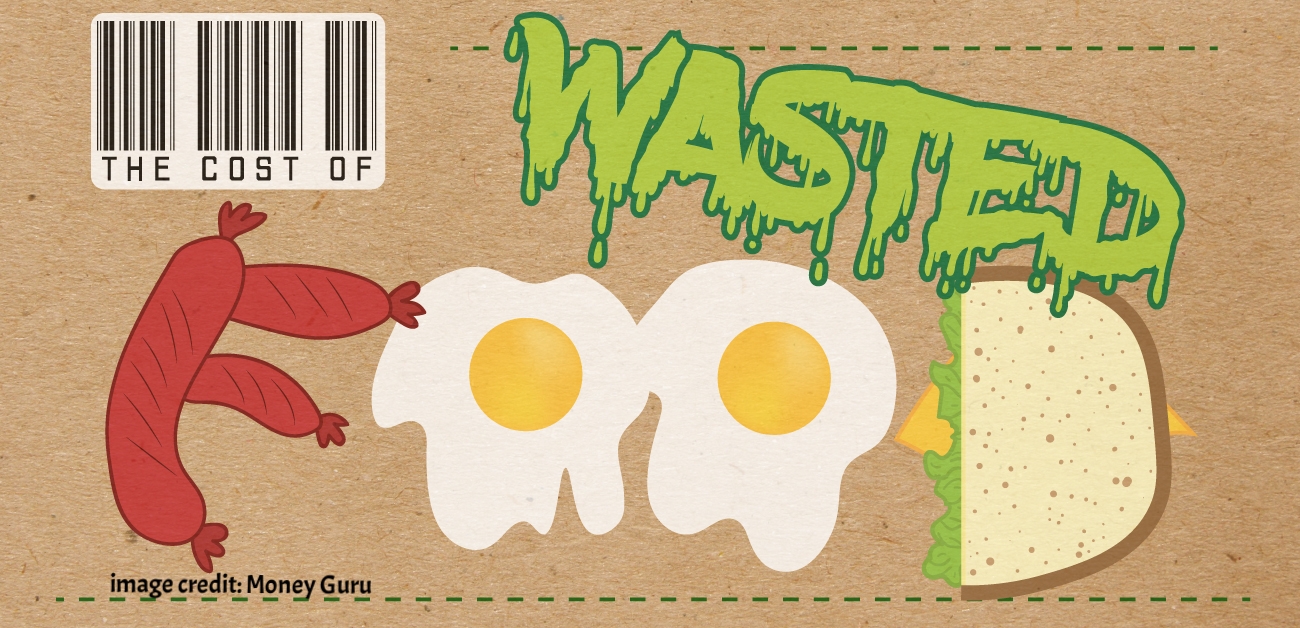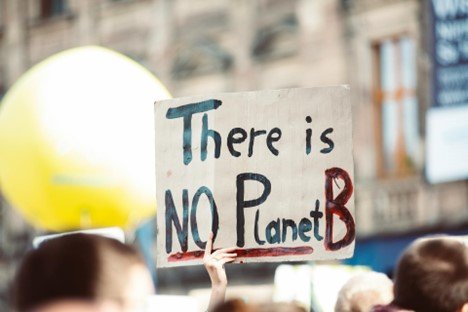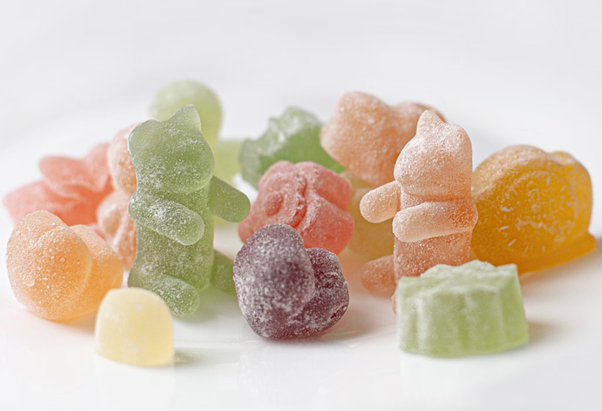Budget & Eco-friendly Decorating Ideas for Your Outdoor Spaces
/Guest post by John Stuart
Outdoor spaces are great for unwinding after a long work day, for spending time with family and friends and for playing with your kids. If your backyard doesn’t feel welcoming, these budget and eco-friendly decorating tips will help you beautify it in no time. You don’t have to break the bank to spruce up outdoor spaces. Sometimes, the most striking decorating ideas are the cheapest. If you’re not intimidated by the idea of a DIY, here are 5 hand-picked suggestions for reviving your backyard or patio.
Read More


















































